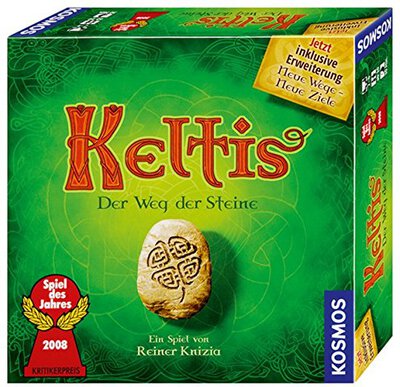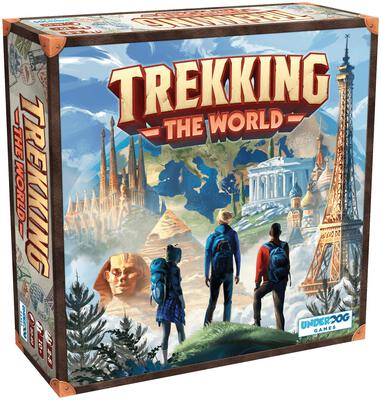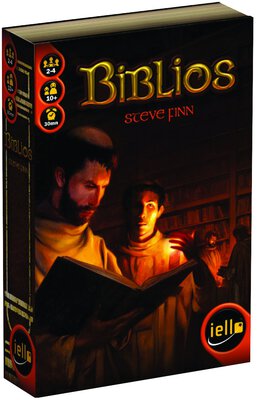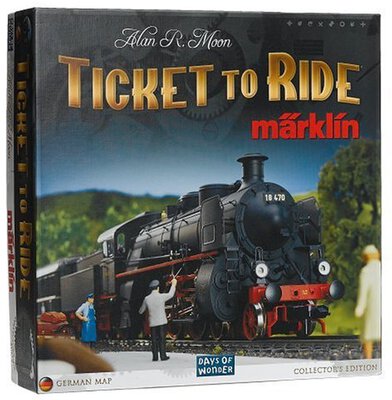Keltis*
Keltis is a multi-player board game that evolves from the principles of Lost Cities, with some unique rule changes and elements. It was later published with Reiner Knizia's original rules and theme as Lost Cities: The Board Game. Keltis invites players to embark on a journey along mystical stone paths by strategically playing cards, managing risks, and earning points.
Gameplay Overview
- Card-Driven Movement: Players use cards to move their pieces along paths, each marked with a different color/symbol and numbered from 0-10.
- Ascending/Descending Order: Cards in each color can be played in either ascending or descending order.
- Focus on Paths: Concentrating on a few paths is advantageous, as final spaces on a path offer high points, but ending prematurely incurs penalties.
Game Mechanics
- Playing or Discarding Cards: Each turn, play or discard a card from a hand of eight.
- Path Bonuses: Many spaces provide bonuses, including immediate points, extra moves, or wishing stones needed to avoid end-game penalties.
- Scoring System: The game scores based on the distance pieces travel on paths, with bonuses for wish stones collected and penalties for insufficient progress.
End-Game and Scoring
- Game End Trigger: The game ends when five pieces (any players') reach the seventh space or higher on any path.
- Scoring Variety: Earn positive or negative points based on piece progression, with one piece scoring double. Wish stones also impact final scores.
Differences Between Keltis and Lost Cities: The Board Game
- Single vs. Multiple Rounds: Keltis is played in one round, while Lost Cities: The Board Game involves three rounds with different scoring for monuments/stones.
- Card Play Flexibility: In Keltis, cards can be played in both ascending and descending order, unlike Lost Cities: The Board Game, which requires ascending order.
- Game Components: The two games differ in rules, scoring, and board elements necessary for each version.
Conclusion
Keltis offers a distinctive and strategic gaming experience, combining elements of hand management and risk assessment. It appeals to players who enjoy card-driven board games with a focus on strategic planning and adaptability. Whether navigating the stone paths, collecting wishing stones, or outmaneuvering opponents, Keltis provides a compelling and thoughtful journey, challenging players to balance their moves for maximum reward.
Nominated for 6 awards and won 1.
⭐️ Spiel des Jahres 2008
- 2 - 4 Players
- 30 Minutes
- 10+ years old
- Easy to learn
We like Keltis so much that we recommend it in the following board game recommendation lists 2026
- Position 6 in All "Deutscher Spielepreis🇩🇪 2008" game award winners & nominees in comparison
- Position 14 in All "Spiel des Jahres🇩🇪 2008" game award winners & nominees in comparison





